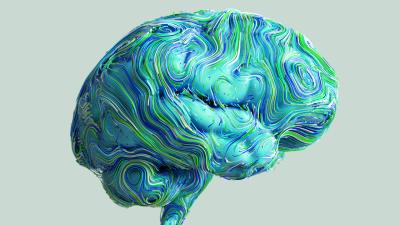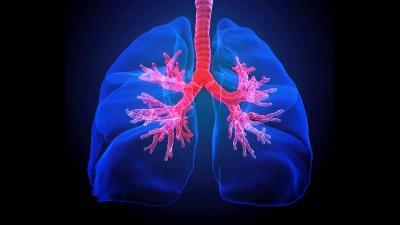The National Institutes of Health Needs a Leader to Move Health Research into the 21st Century

Your best friend. A beloved aunt. A trusted colleague. A child. Most of us have had someone in our lives touched by a serious illness, from cancer to Alzheimer’s Disease to COVID-19. Perhaps more than any other time in recent memory, these past 18 months have highlighted the importance of investing in medical research that will prevent or cure the diseases that take our loved ones from us too soon.
While medical research has led to important discoveries, it is hampered by a reliance on ineffective and wasteful animal experiments. The health of our loved ones depends on research funding that will lead to treatments that are relevant to humans. With Dr. Francis Collins stepping down later this year as Director of the National Institutes of Health (NIH), the Biden administration should seize this opportunity to nominate a Director who offers a bold vision for bringing medical research techniques into the 21st century, without animal experiments.
There is increasing recognition that animals’ anatomy and physiology are poorly representative of human biology and disease, leading to costly failures in translation from research results to human clinical trials. New drug development, which traditionally relies heavily on the use of animals, can take as long as 15 years, and cost $2 billion to produce a single approved medication, but 95% of clinical trial drugs fail. This number is even higher for certain diseases like Alzheimer’s, for which 99% of treatments fail. The NIH alone has invested $14.8 billion in research focused on Alzheimer’s Disease and other dementias in the last 10 years, only to lead to news stories of one failure after another. From sepsis to depression to cancer, findings from animal experiments have proven inapplicable to human health time and again, calling into question the investments our society is making through NIH’s grants.
In addition to wasting taxpayer dollars, the use of animals in research poses serious ethical issues. Animals suffer significant pain, distress, and premature death. Many published studies could have been done, ethically, by studying human patients or models of human tissues and organs. Medical research funded by the NIH and other organizations around the world kills tens to hundreds of millions of animals every year, and most animals are afforded none of the legal protections people assume they receive. The majority of Americans oppose the use of animals in scientific research.
Yet 40% of all NIH Research Project (R01) grants (the most common type of grant) use mice. A veritable Noah’s Ark of animal species are killed in experiments funded by the NIH each year, from dogs and pigs to monkeys, chinchillas, hamsters, and even squid. Powerful interests encourage continued funding for even more animal species to be used, with no assurance of any relevance to humans.
The last twenty years have led to a revolution in modeling human physiology and mechanisms of disease. Scientists in the US and around the world have developed three-dimensional lung organoids to study COVID-19 infection, multi-cellular gut-on-a-chip devices to model the human microbiome, tiny brain organoids to study the links between chemicals and autism, and more. Studies that focus on individuals and communities help us understand and model the complex influences on human health and disease in ways that are impossible with animals, from genetic risk and diet to poverty and lack of preventive care. By studying human cells, tissues, and patients, we can better understand the causes of disease, and why most diseases affect some of us more severely than others. However, NIH funding for these human-specific approaches is a pittance compared to the billions it spends on animal experiments.
Funded research should accurately focus on the mission of the NIH—to seek knowledge that will “enhance health, lengthen life, and reduce illness and disability” for all of us. Research can only achieve this tall order by studying human-specific laboratory models and the characteristics of actual human patients. The next NIH Director must make significant investments in shifting the agency’s research portfolio toward the development, dissemination, and use of nonanimal methods. Our friends and family deserve no less.







